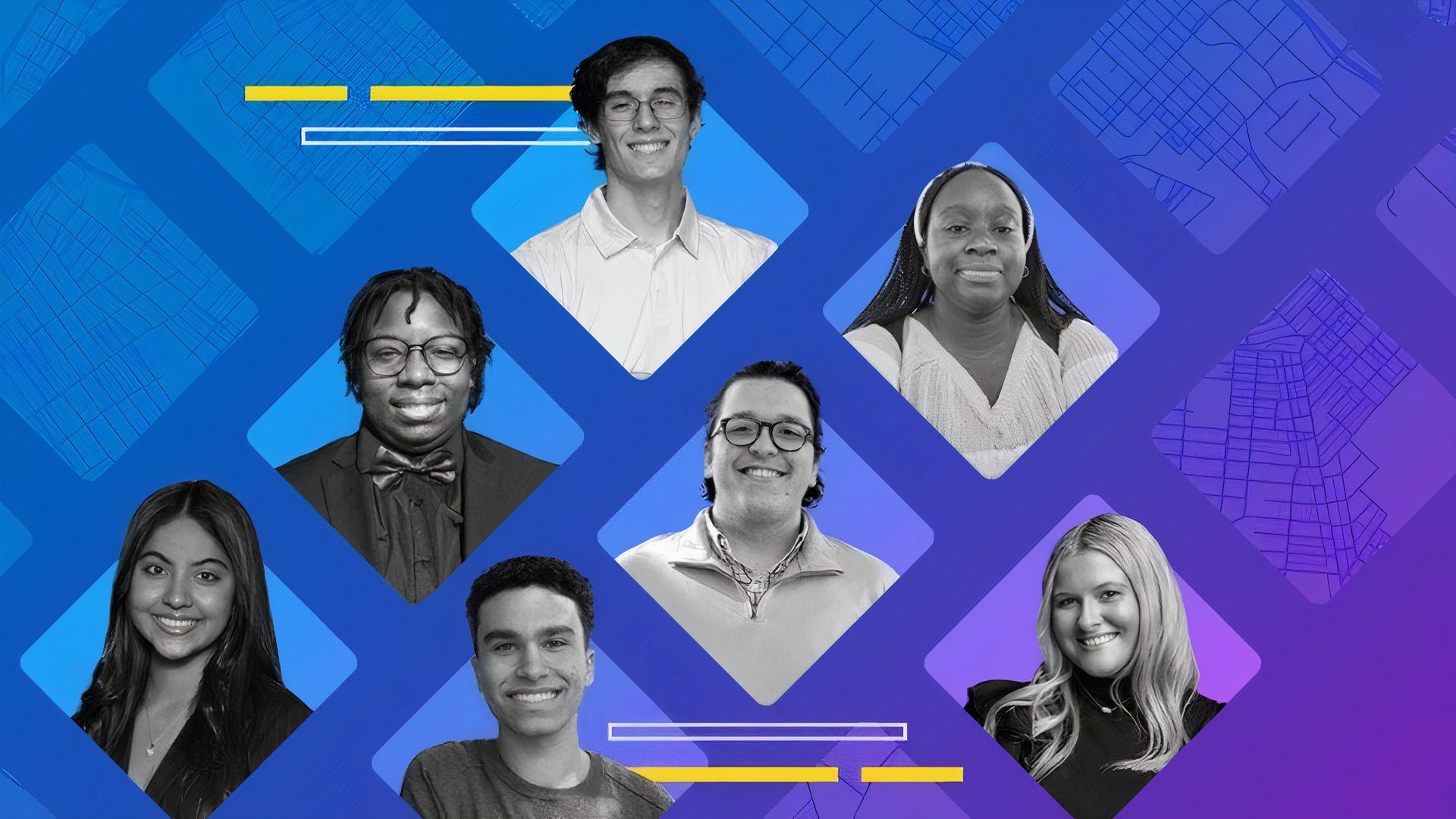
Mentoring: Cultural Support for Scholarship Recipients
Filed In
- Advocating for Students
Topics
- career development
- formal mentoring relationship
- growth and development
- Mentoring
- mentoring programs
- mentoring relationships
- mentoring success
- peer mentoring
- positive impact
- role models
While the most immediate benefit of a scholarship may come in the form of a check, the scholarship programs that make a true, lasting and positive impact on their recipients provide more than money. We believe that financial support is just one pillar of a successful scholarship. The best programs also give social and cultural support to students as they make their way through college – and built-in peer mentoring programs can be among the most impactful and long-lasting sources of those vital supports.
Cultural support is particularly important for students from
less traditional college backgrounds: those who are from low-income families,
who are the first in their family to pursue a degree or who are balancing full-time
work, family caregiving and education. These students often don’t see
themselves in the stereotypical portrait of “college life,” full of socializing
and extracurriculars and newfound freedom. As one of our Dream Award Scholars told
us about her first semester on an Ivy League campus, “It was jarring to be
surrounded by people who don’t know what it is to be poor.”
When students can’t turn to family members with past
experience, and don’t see their own lives reflected in those of their peers, it
can be deeply isolating – and, even with a generous scholarship, that isolation
can make staying in college a struggle.
The Power of a Role Model
To help students combat those feelings of isolation,
loneliness and “imposter syndrome,” more and more scholarship programs are
stepping in and connecting their recipients with peer and/or professional
mentors. There are a multitude of approaches for doing so, each a potential
win-win for both the student and the scholarship provider. Our partners at
Chick-fil-A, for example, pair
their True Inspiration Scholars with employee mentors whose careers reflect
the students’ future interest – from store supervisors all the way up to the
executive suite.
The Coca-Cola Scholars program takes a wider, network-based
approach; they’ve built a private social network for current and past scholars,
giving new recipients a chance to match with mentors based on interest,
geography or field of study. And at Scholarship America, we work to connect our
Dream Award Scholars with each other and with an app-based mentoring service
that helps them find answers – and ask the right questions.
The Impact to
Students
Much has been studied and written about the impact of
mentoring on student success, and, while comprehensive results are hard to come
by, the indications are particularly strong that first-generation students are
the most likely to benefit.
As
reported by the Chronicle of Evidence-Based
Monitoring, “Our findings suggest that mentors can serve as
compensatory resources to FGC [first generation college] students, making
academic and retention outcomes for involved FGC students look more like those
of continuing-generation students. … [S]tudies have demonstrated that
adolescents who come from lower socioeconomic status (SES) backgrounds and who
have access to less social and cultural capital, benefit more from mentoring
relationships than their counterparts with more resources. Therefore, mentors
may be of particular value to FGC students who may not have other people in
their lives supporting their access to and success in college.”
A
2015 study focused specifically on young men even managed to put some hard
numbers around the value of mentoring: “The net present value of total lifetime
benefits to having a male natural mentor was approximately $190,000 for all
fatherless youth and $458,000 for African American fatherless youth.”
By tying a formal mentor relationship to scholarship programs, we can help ensure deeper, more meaningful growth and development – a key to unlocking the full benefit of mentoring and career development. Connecting students with those who have supported their education, or those who have followed the same scholarship path, helps make the idea of completing college seem that much more real and achievable. And that example, coupled with the support of a mentor who has faced similar struggles, ensures students who’ve received college funding also get the social and cultural support needed to succeed in the long term.
Related Articles
Browse All
Our team is here to help you achieve your goals and build your custom scholarship program.

